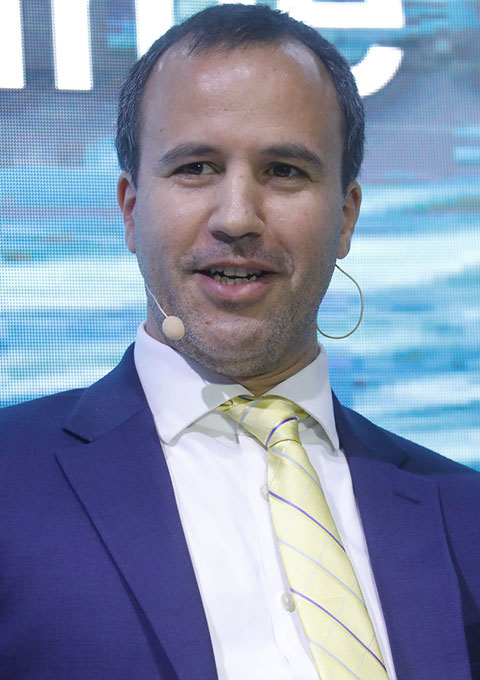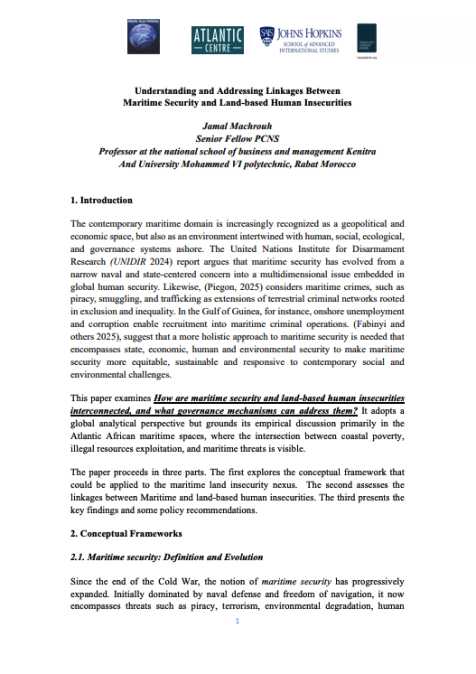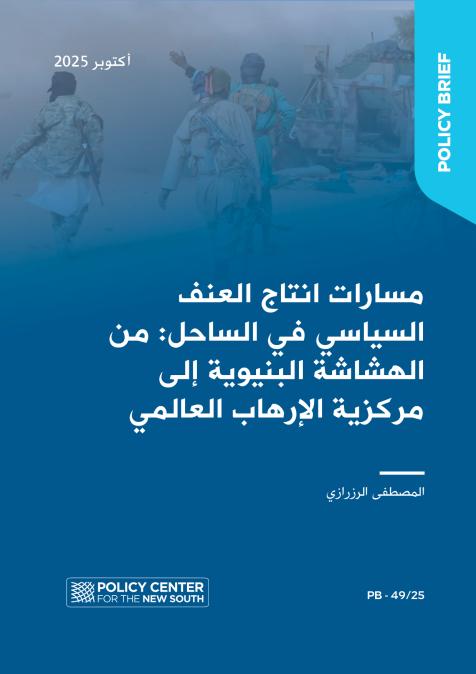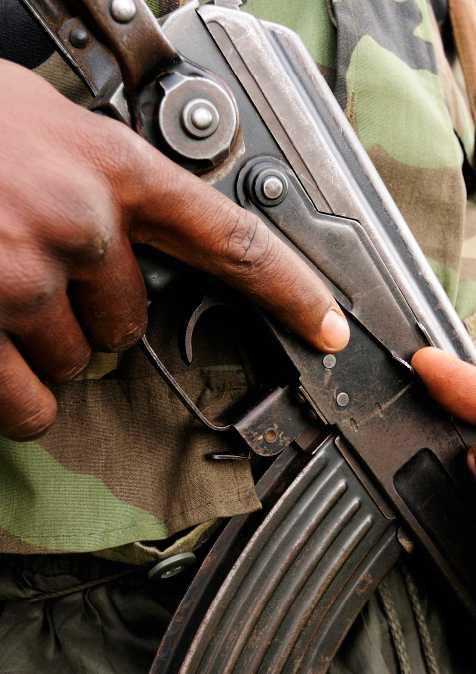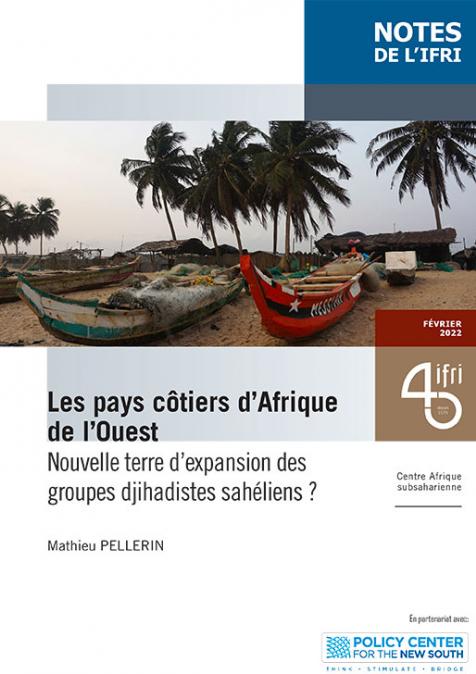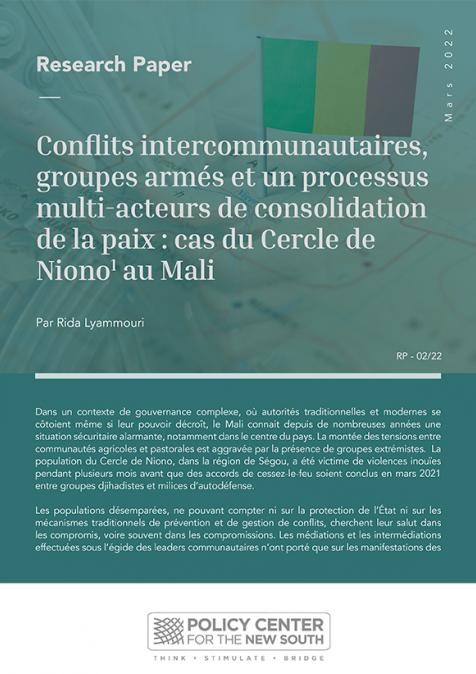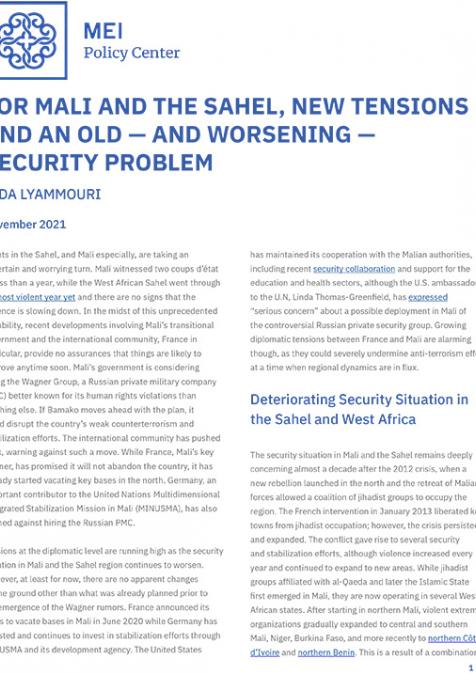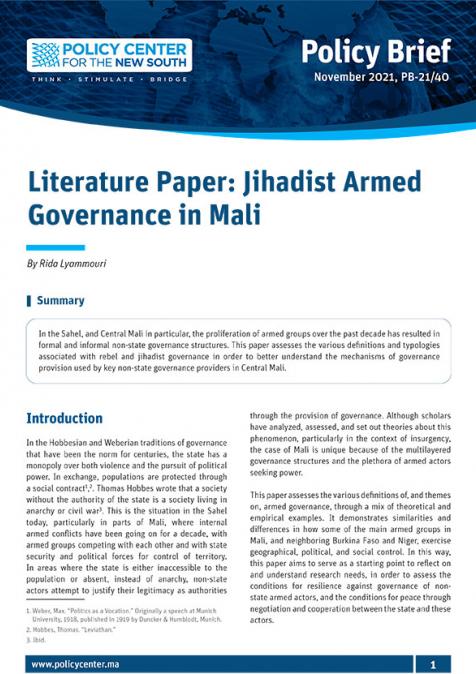APSACO Talks 2020 - Panel 2 : la privatisation de la violence en afrique ...
S'agissant de la sécurité humaine en Afrique, ce panel s'intéressera à l'évolution de la criminalité organisée en Afrique tout en se penchant sur la privatisation de la sécurité au regard du droit international : • Exploitation de la crise sanitaire due à la COVID-19 par des groupes extrémistes • Évolution de la criminalité organisée en Afrique • Acteurs privés au service de la sécurité humaine en Afrique, entre cohabitation et rejet • La privatisation de la sécurité contribue-t-elle à l'exacerbation des tensions et des conflits ? • Sociétés militaires privées en Afrique au regard du droit international PANEL 2 : LA PRIVATISATION DE LA VIOLENCE EN AFRIQUE : GROUPES ARMÉS NON ÉTATIQUES ET SÉCURITÉ PRIVÉE Président : Alioune Ndiaye, Chef de la division de la paix, ICESCO Intervenants : - Afua Boatemaa Yakohene, Chercheuse, Legon Centre for International Affairs and Diplomacy (LECIAD) - Rida Lyammouri, Senior Fellow, Policy Center for the New South (PCNS) - Duncan E Omondi Gumba, Chercheur principal, Institut d’études de sécurité (ISS) - Al Mostafa Rezrazi, Senior Fellow, Policy Center for the New South (PCNS)
